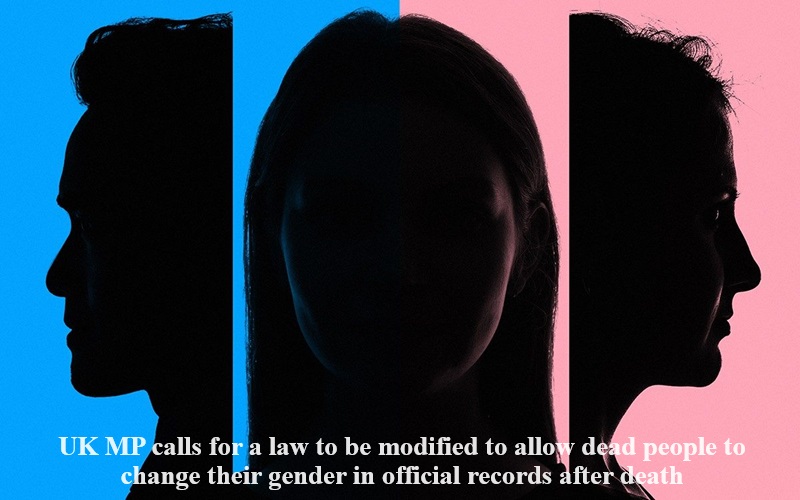
In the UK, a Labour Member of Parliament (MP), Charlotte Nichols, has raised the suggestion of modifying the law to allow deceased individuals to change their gender in official records posthumously. Nichols, representing Warrington North, submitted a written question to the Parliament last month, proposing an amendment to the Gender Recognition Act (GRA) 2004 for this purpose.
Nichols specifically inquired about the possibility of altering the GRA 2004 “to allow transgender people who are deceased to be legally remembered by the gender they lived by.” The question sought to explore the potential for recognizing a person’s gender identity after death.
However, the proposal was met with resistance from Stuart Andrew, the qualities minister, who stated that the government currently has no plans to further amend the Act. Andrew clarified that in cases where individuals were using their affirmed gender with an organization prior to their death, and this information was present in their personal records, it was expected that organizations, including the NHS, would engage with their family members using the new gender.
Sir Liam Fox, the MP for North Somerset, expressed disagreement with Nichols’ request, describing it as “patently absurd, factually inaccurate, and a statistical distortion.” He argued against encouraging the notion that individuals can simply choose to change their biological status and cautioned against bending the truth to accommodate what he referred to as an “ever more extreme and dangerous ideology.”
The debate highlights the ongoing discussions around gender recognition and the complexities associated with legal and societal perceptions of gender identity, even after an individual’s passing.

Post Your Comments